I described the full rollout of the Scottish Child Payment at £25 per week per child in November as a “watershed” moment for efforts to tackle poverty in Scotland.
I picked this word probably because it was raining, but also because I liked that it suggested the water was only going to flow one way from now.
There was no going back from this commitment. Which political party would have the gall to drain at least £1,300 a year from low income families’ budgets?
Last week’s budget was another step in the right direction.
By taxing the top 8% of earners in Scotland a bit more than last year, John Swinney, and those tax payers will help to shore-up public finances.
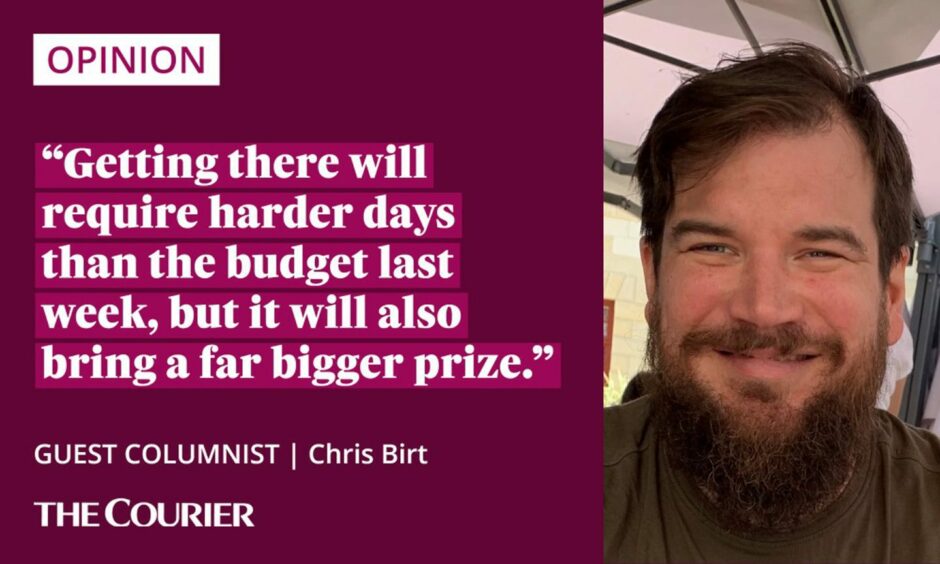
It’s worth noting that the additional income tax raised from changing those rates is £95 million – not an insignificant amount, but only about 0.2% of the Scottish Government’s £40 billion budget for “day-to-day” spending.
Understandably, some people are calling on the Holyrood to show obvious improvements to public services in Scotland as a result.
But we shouldn’t kid ourselves that that is possible on the basis of this additional revenue alone.
So how might it be achieved?
Scotland’s public services under intense strain
Clearly the NHS is under pressure because of backlogs caused during the Covid-19 pandemic and because of the continuing caseload of people ill from the virus.
But earlier this month, Public Health Scotland published a Rapid Health Impact Assessment setting out how the cost of living crisis is also affecting public health.
It makes for grim reading.
It concludes that even with the government intervention planned so far, the impacts will be almost as large as the Covid-19 pandemic with premature deaths and falling life expectancy.
Increased hunger, mental distress and increased isolation are also on the cards, with public services in Scotland increasingly unable to meet spiralling demand.
To quote directly: “The impacts on children and young people could have lifelong effects on their life chances and health”.
This cost of living crisis is feasting on the structural weaknesses in our society.
This should be getting a lot of attention. Increased likelihood of early deaths and falling life expectancy almost on the scale of Covid because of cost of living. Even with current government support.
Poverty is a public health crisis about time we dealt with it as such. https://t.co/CI9fvHoomM
— Chris Birt (@cdbirt) December 6, 2022
Austerity has worn away the value of social security and stripped back services such that inflation is spreading hunger, cold and anxiety.
When people first formalised foodbanks in the UK over a decade ago, they thought they were doing it temporarily.
Now they can barely find enough food to meet demand and we have added “warm banks”, places formerly known as indoors, to the vocabulary.
Two steps to shore up Scotland’s public services
To me there are two obvious solutions to the pressure that is building up behind our public services.
Firstly, we need to restore the social security system to something fit for the name.
If we do so we can prevent some of the illness, both physical and mental, that surviving on low income causes.
The Scottish Government, with a much bigger assist from the UK Government, needs to deliver a Minimum Income Guarantee.
Secondly, we need to reconsider the priorities of our public services.
Are they genuinely provided where they are needed the most?
Are they actually what people need?
And do we even know what it is communities need?
If not, we need to stop guessing and work with people to find out.
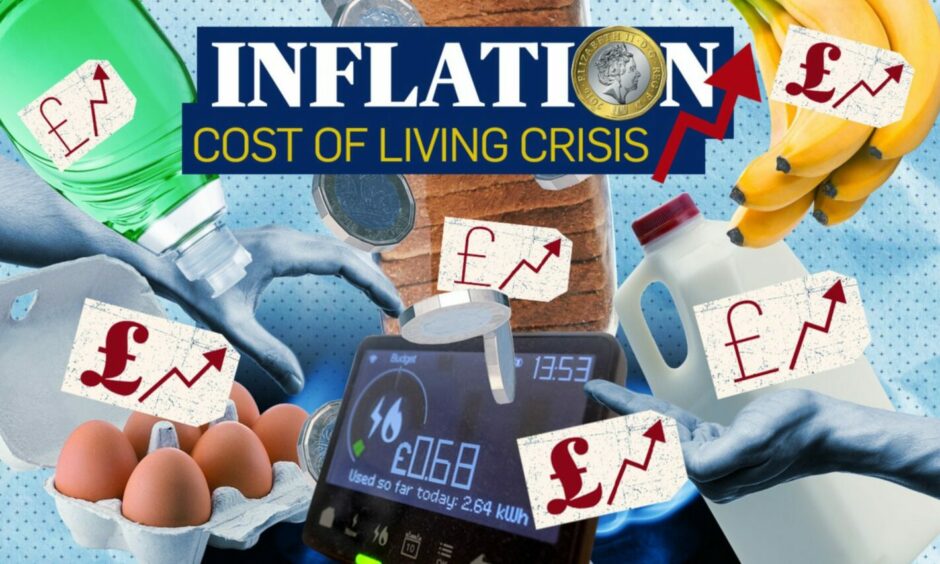
We don’t necessarily need more innovative or creative solutions.
Compassionate, empathetic support grounded in an understanding of people’s experiences does not require consultant psychologists or new tech.
Just ensuring that just accessing services isn’t so much of a song and dance that it increases anxiety rather than eases it would be a big win.
Swinney tax rise is a start, but we must be bolder still
Neither of these big changes would be free to the public purse.
Yet both would have the potential to transform the lives of people on low incomes.
They may even act to bring down demand for public services and ease pressures on them in the medium term.
Today, I urged the Scottish Government to go hard & go fast to tackle poverty & inequality in Scotland.
I asked them to make a minimum income guarantee an organising principle so that every bit of government works to increase incomes, reduce housing & transport costs…1/2 pic.twitter.com/4jbZd3GOg8
— Pam Duncan-Glancy MSP (@GlasgowPam) June 8, 2021
In that context, the current excitement around the level of tax is something of a distraction.
If Scotland is to reduce poverty down to its targets, the scale of investment will require arguments and agreement about a more equitable flow of money and assets between us all.
Then it genuinely will require a social contract that we can all sign up to because we all benefit as a society and economy.
That would be a Scotland where everyone has a decent income.
Where if life trips you up you don’t fall too far.
And where everyone has the opportunity to participate and thrive in the economy and society.
Getting there will require harder days than the budget last week, but it will also bring a far bigger prize.
Chris Birt is Associate Director for Scotland at the Joseph Rowntree Foundation.
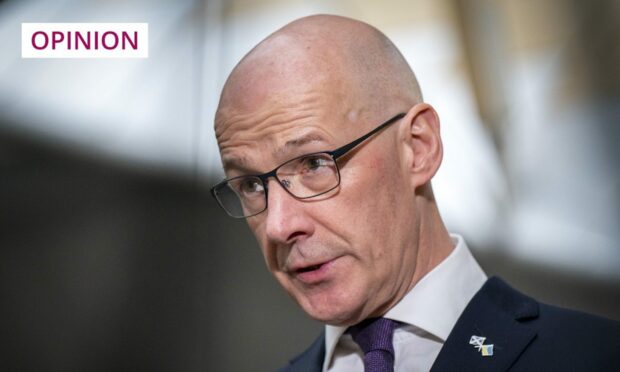
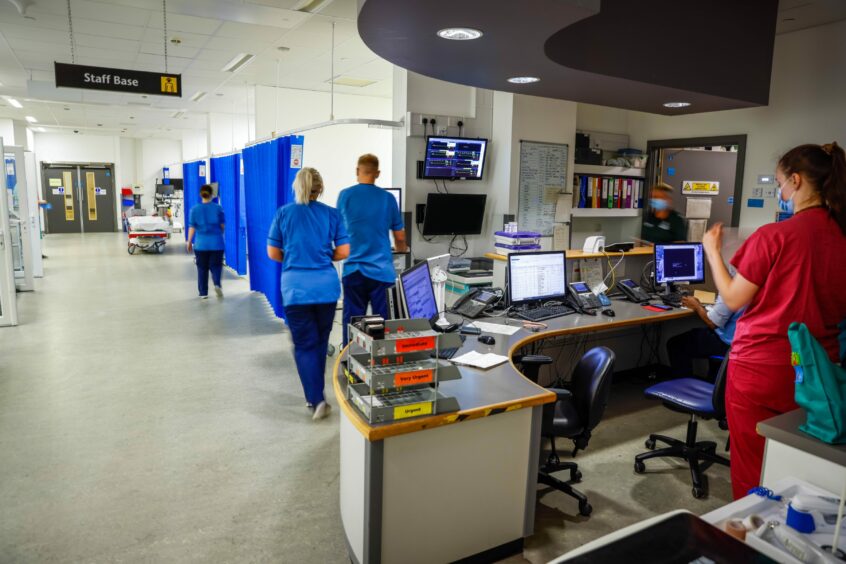
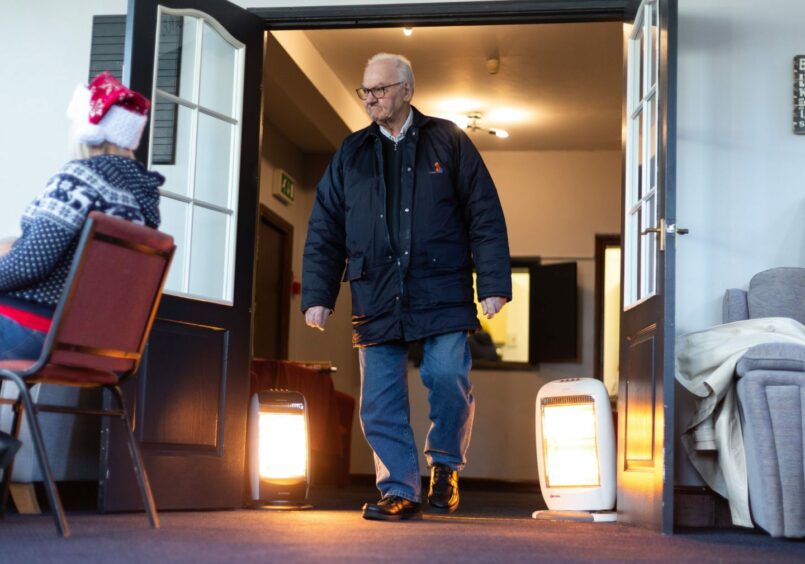










Conversation